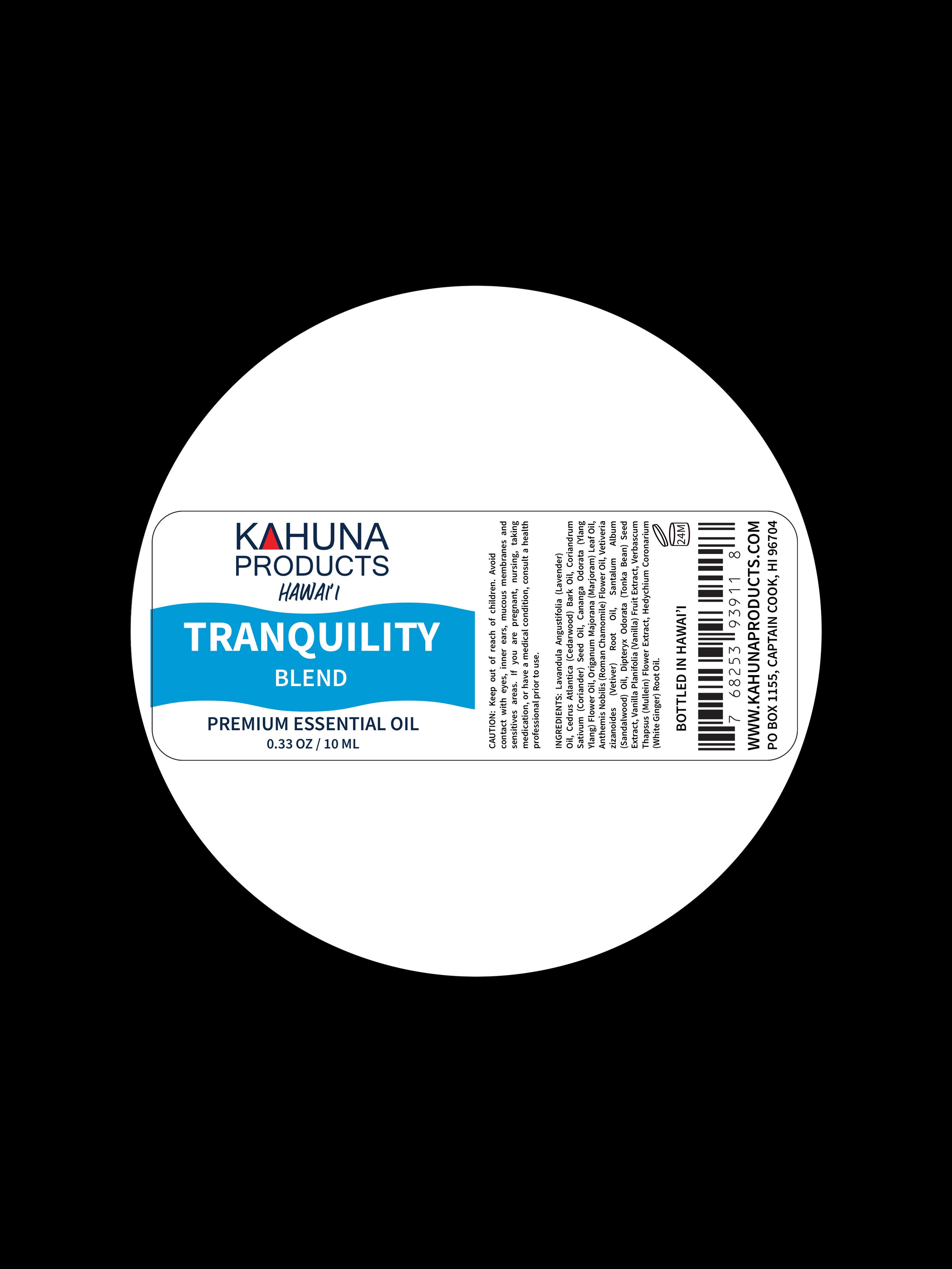-
INCI NAME: Anethum Graveolens Seed Oil.
ORIGIN: Hungary. Bottled in Hawai’i.
PART USED: Seeds.
EXTRACTION METHOD: Steam Distilled Essential Oil.
NOTE CLASSIFICATION: Middle Note.
-
Dill seed essential oil blends well with a variety of other essential oils, enhancing its versatility in aromatherapy. Here are some oils that complement dill seed oil beautifully:
Citrus Oils:
Lemon: Adds a fresh, uplifting note that complements dill’s herbal aroma.
Orange: Enhances the sweet and slightly spicy scent of dill, creating a warm and inviting blend.
Grapefruit: Provides a bright, tangy note that balances the earthiness of dill.
Herbal Oils:
Fennel: Both oils share a similar anise-like scent, creating a harmonious and therapeutic blend for digestive support.
Basil: Adds a fresh, slightly spicy aroma that pairs well with dill’s herbaceous scent.
Rosemary: Offers a strong, woody, and herbaceous note that blends well with dill for mental clarity and focus.
Floral Oils:
Lavender: Balances the strong herbal scent of dill with its soft, calming floral aroma, perfect for relaxation.
Geranium: Adds a sweet, rosy note that complements dill’s freshness, creating a well-rounded and soothing blend.
Chamomile: Provides a gentle, apple-like scent that softens the sharpness of dill, enhancing its calming properties.
Spicy Oils:
Coriander: Shares similar herbaceous qualities with dill, making for a warm, spicy, and slightly citrusy blend.
Clove: Adds warmth and depth to the blend, creating a comforting and grounding aroma.
Cinnamon: Enhances dill’s warmth and spiciness, making for a bold and invigorating blend.
Woodsy Oils:
Cedarwood: Provides a grounding base note that complements the herbaceous and spicy scent of dill.
Sandalwood: Adds a creamy, woody aroma that blends well with dill’s herbal notes, creating a sophisticated and calming blend.
Patchouli: Offers a deep, earthy scent that enhances the complexity of dill seed oil, perfect for grounding blends.
Earthy Oils:
Vetiver: Adds a rich, smoky depth that grounds the bright, herbaceous aroma of dill.
Ginger: Combines well with dill to create a warm, spicy, and invigorating blend that’s excellent for digestive support.
Minty Oils:
Peppermint: Enhances the cooling and refreshing qualities of dill, making for an invigorating and clarifying blend.
Spearmint: Offers a sweeter, softer minty note that pairs well with dill for a fresh and uplifting aroma.
These combinations can be used in various aromatherapy applications, from diffusion to topical blends, offering a wide range of therapeutic benefits.
-
They can be inhaled directly from the bottle, diffuser, or humidifier.
They should be diluted with a carrier oil when applied to your skin. We suggest a 4% dilution rate.
You can also add them to your favorite skincare products.
Essential oils are not safe for consumption unless you are under a health practitioner's guidance.
-
100% Pure Essential Oil.
Unrefined, Undiluted, No Fillers, No Synthetics, Organic, and Sustainably sourced.
-
0.33 oz / 10 ml
Amber glass bottle with euro dropper.
-
Keep out of reach of children. The bottles are a choking hazard. Avoid contact with eyes, inner ears, mucous membranes, and sensitive areas. If you are pregnant, nursing, taking medication, or have a medical condition, consult a health professional prior to use.
Animals are more sensitive to certain scents; consider your pets while choosing essential oils.
While not all essential oils have the same effect on everyone, the key is finding which ones work best for you. You are the individual and know what is best for you. So experiment and find your path.
The products described on this website are not intended to diagnose, treat or prevent any disease or to affect any structure or function of the skin or body. The information on this website is not medical advice and is not a substitute for consulting with a healthcare provider.







